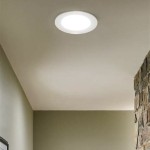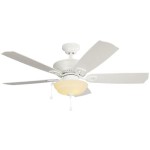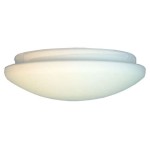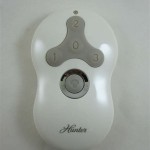Do Ceiling Tiles Absorb Sound?
Ceiling tiles are a common sight in many commercial and institutional buildings. They are used to improve the acoustics of a space, making it easier to hear and understand speech. But do ceiling tiles actually absorb sound?
The answer is yes, ceiling tiles can absorb sound. However, the amount of sound absorption depends on the type of ceiling tile. Some ceiling tiles are more effective at absorbing sound than others. Perforated ceiling tiles, for example, are very effective at absorbing sound because they have small holes that allow sound waves to pass through them. The sound waves are then trapped inside the tile and converted into heat.
The thickness of a ceiling tile also affects its sound absorption. Thicker ceiling tiles are more effective at absorbing sound than thinner ceiling tiles. This is because thicker ceiling tiles have more material to absorb sound waves.
In addition to the type and thickness of the ceiling tile, the installation method can also affect the sound absorption. Ceiling tiles that are installed with a tight fit will absorb more sound than ceiling tiles that are installed with a loose fit. This is because a tight fit prevents sound waves from leaking out around the edges of the ceiling tiles.
If you are looking for a way to improve the acoustics of a space, ceiling tiles are a good option. Ceiling tiles are effective at absorbing sound, and they are relatively easy to install. With a little bit of planning, you can choose the right ceiling tiles for your space and improve the acoustics significantly.
Factors that Affect Sound Absorption
The sound absorption of ceiling tiles is determined by several factors:
- Material: The material of the ceiling tile is the most important factor that affects its sound absorption. Ceiling tiles made of porous materials, such as fiberglass and mineral wool, are more effective at absorbing sound than ceiling tiles made of non-porous materials, such as metal and plastic.
- Thickness: The thickness of the ceiling tile also affects its sound absorption. Thicker ceiling tiles are more effective at absorbing sound than thinner ceiling tiles. This is because thicker ceiling tiles have more material to absorb sound waves.
- Density: The density of the ceiling tile also affects its sound absorption. Denser ceiling tiles are more effective at absorbing sound than less dense ceiling tiles. This is because denser ceiling tiles have more mass to absorb sound waves.
- Perforations: Perforations in the ceiling tile can also affect its sound absorption. Perforated ceiling tiles are more effective at absorbing sound than non-perforated ceiling tiles. This is because the perforations allow sound waves to pass through the ceiling tile and be absorbed by the material inside the tile.
- Installation: The installation of the ceiling tile can also affect its sound absorption. Ceiling tiles that are installed with a tight fit will absorb more sound than ceiling tiles that are installed with a loose fit. This is because a tight fit prevents sound waves from leaking out around the edges of the ceiling tiles.
By considering all of these factors, you can choose the right ceiling tiles for your space and improve the acoustics significantly.

Do Acoustic Ceiling Tiles Absorb Sound Builderspace

Sound Absorbing Ceiling Tiles Suspended Ceilings

5 Best Soundproof Ceiling Tiles For Acoustical Residential And Commercial Use

2x2 Acoustical Ceiling Tiles How To Make The Most Out Of Any Space Decorative Inc

Ceiling Acoustic Tiles Acoustical Panels Sound Absorbing Panel

Acoustic Drop Ceiling Tiles Ceilings Armstrong Residential

Ceiling Acoustic Tiles Acoustical Panels Sound Absorbing Panel

What Are The Types Of Suspended Acoustic Ceilings 9wood

Acoustic Drop Ceiling Tiles Ceilings Armstrong Residential

Making Sound Absorbing Ceiling Tiles R Audiophile
Related Posts








